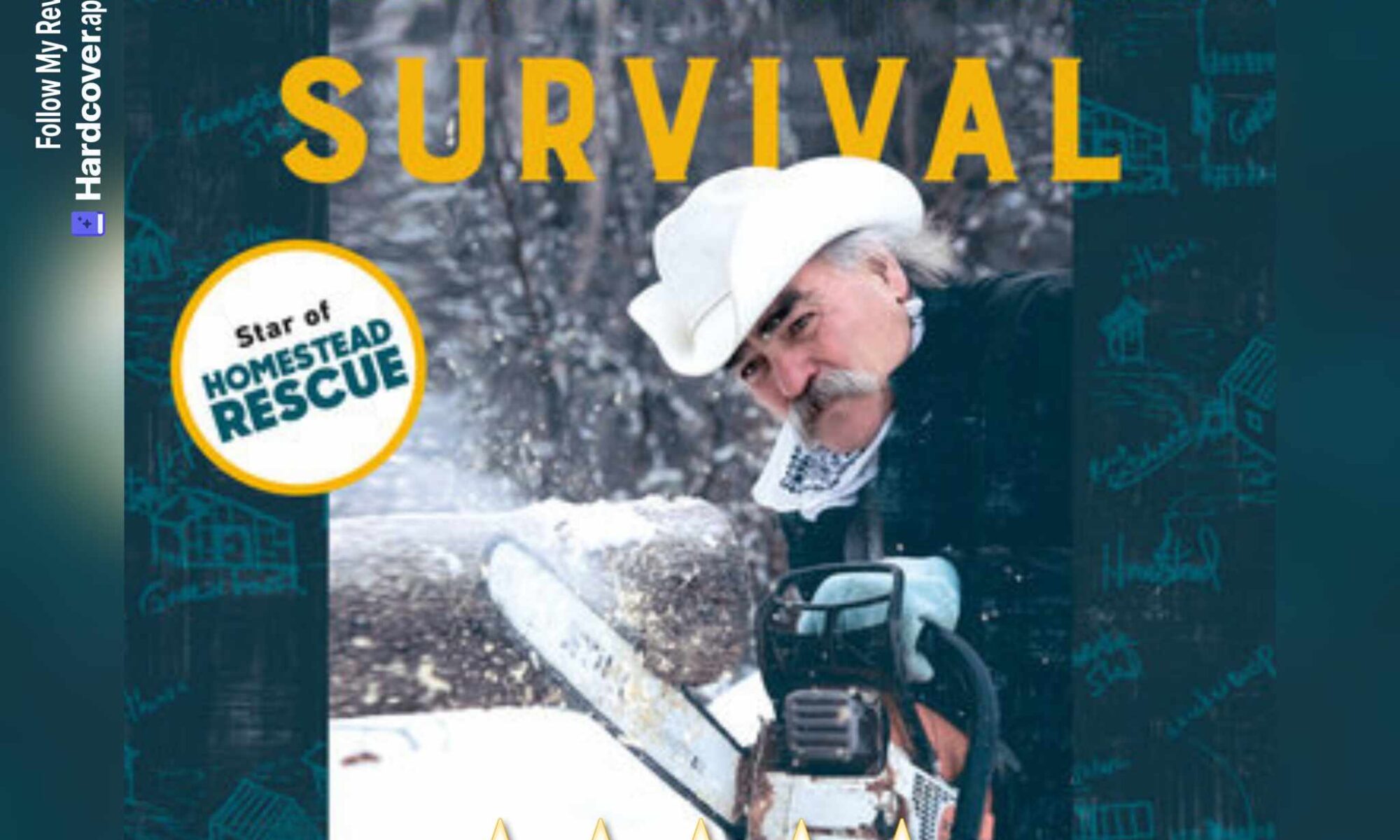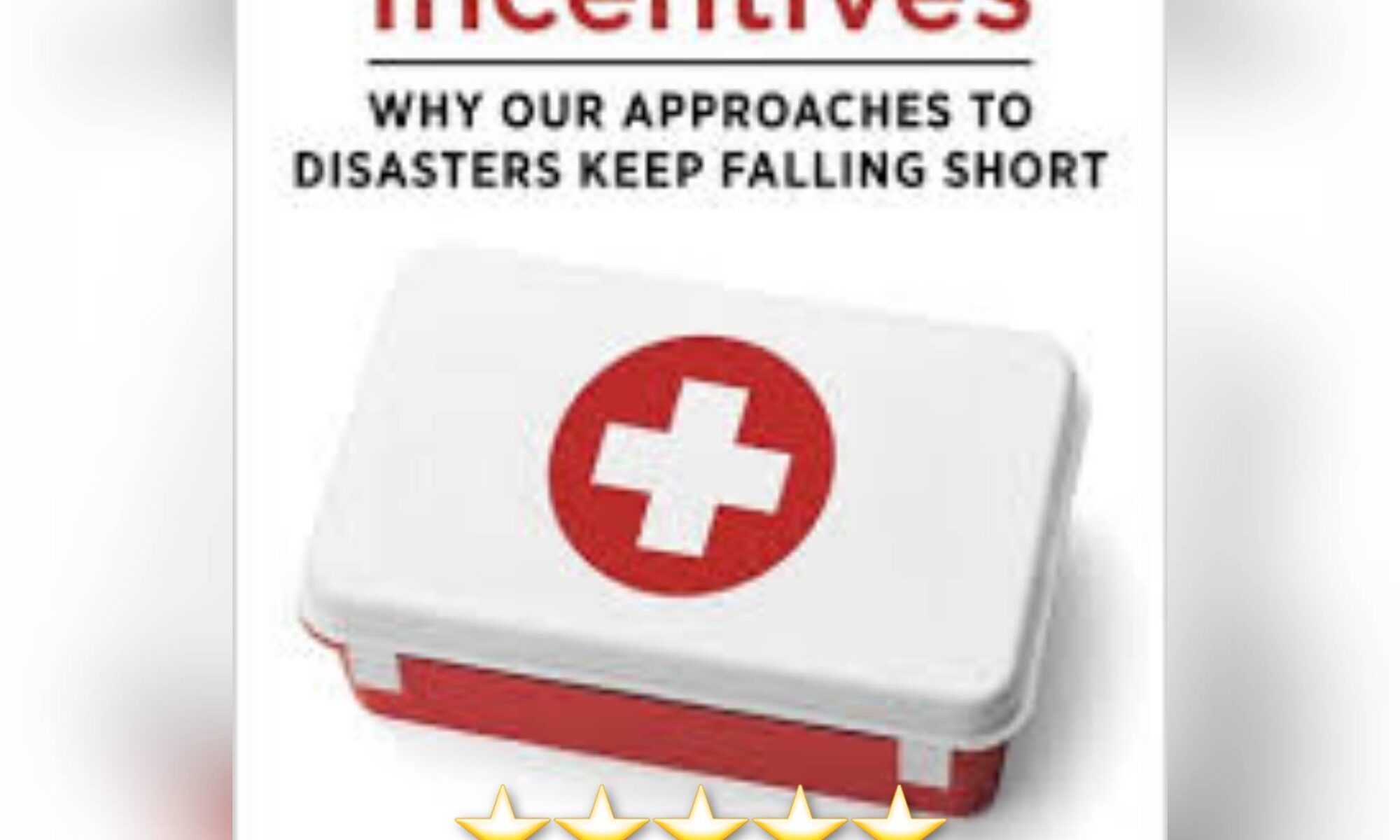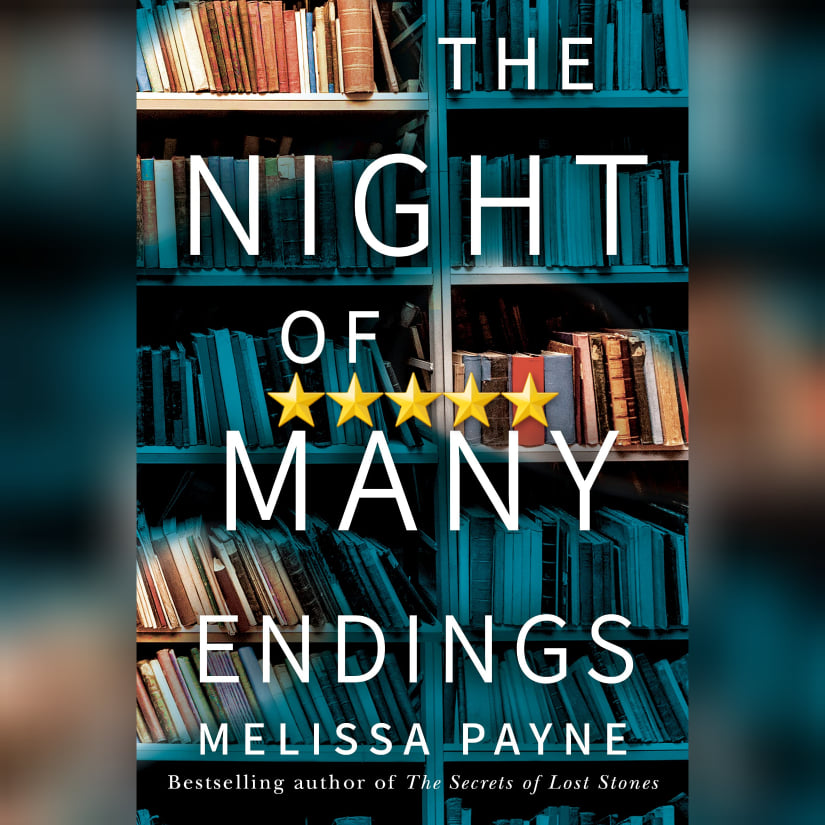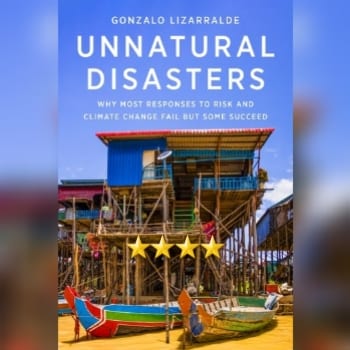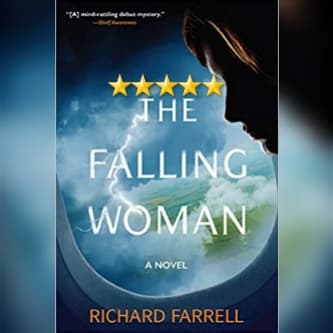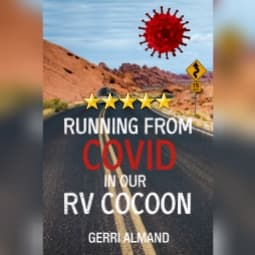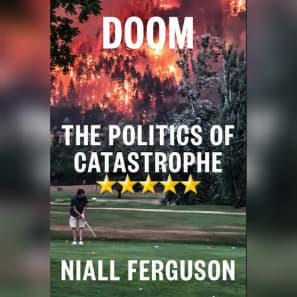Solid Guide To Things To Consider Before Committing To Homesteading. If you’ve seen so much as a single episode of Homestead Rescue, the Discovery Channel show where Marty Raney travels the US with his younger daughter Misty and his younger son Matt assisting homesteaders with critical issues on their properties, you largely know what to expect from this book – both in terms of content and style. Listening to the Audible in particular, which Raney narrates himself, you absolutely hear the exact same speech cadences and tones Raney is known for on the show in the Audible. The overall book content is basically a summation of a lot of the same points he makes throughout the show regarding the various elements of homesteading, though in the case of the book here you also get a few specific places to look for information that aren’t always discussed on the show, as well as some specific product recommendations. Raney is also clear, however, that he does in fact make mistakes – including among the final chapters when his own mistakes in a COVID-based mental fog cost him the house he had built and lived in for decades as a fire began specifically because of a wood burning stove he both knew he had to replace… and already had the replacement stove in the house, waiting to be hooked up!
Overall a seemingly comprehensive guide to the various issues to consider before attempting to create a homestead yourself, if mostly general and a touch prevaricating (in that he is quite honest that specifics you need in your situation will always come down to the details of your own property and what you may have access to on/ near it), this is absolutely a book to read if you’re remotely considering the possibility of living this particular lifestyle at all. Even if you’re not, this is still a great general guide on how to prepare for a wide variety of scenarios that one may face even in suburban or even urban situations, though his recommendations for handling those scenarios are more explicitly designed for a more rural lifestyle. (As a general example, his suggestions for say livestock in particular won’t work in an urban setting where even chickens tend to be banned, but at least some of his suggestions for gardening could work in even window planter sized gardens.)
Truly a fascinating book, though one that I do suspect will have more market share among those already fans of the show and/ or already active in the homesteading community than necessarily a wide public appeal – but hey, maybe I’m wrong there.
Very much recommended.
This review of Homestead Survival by Marty Raney was originally written on January 11, 2024.

